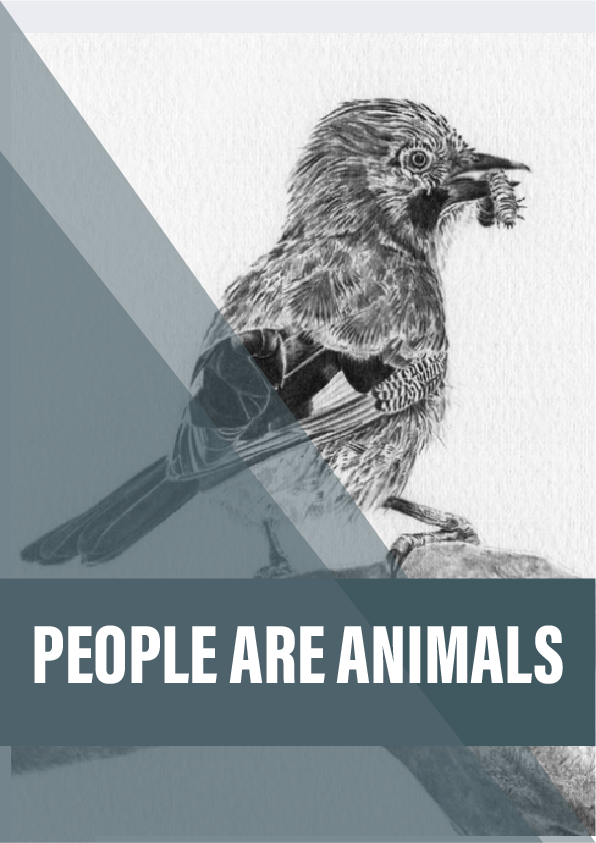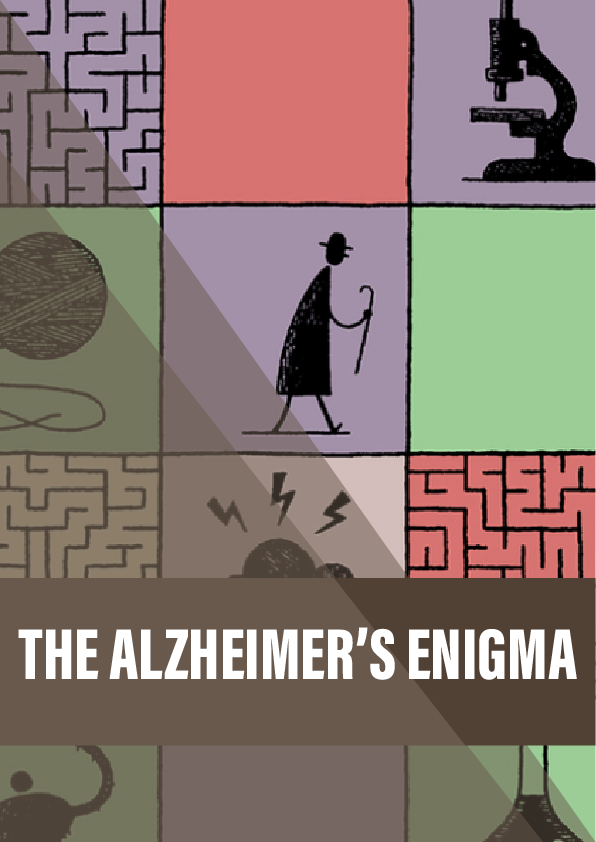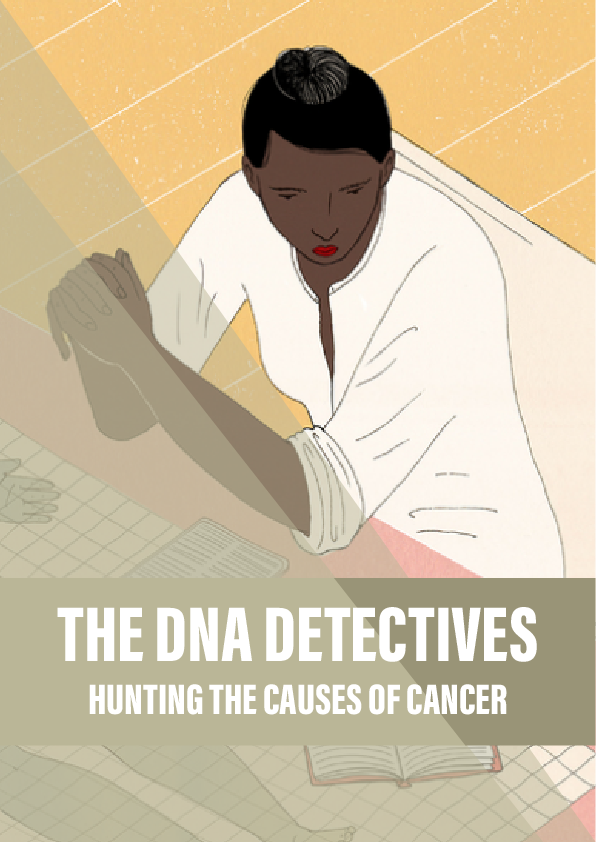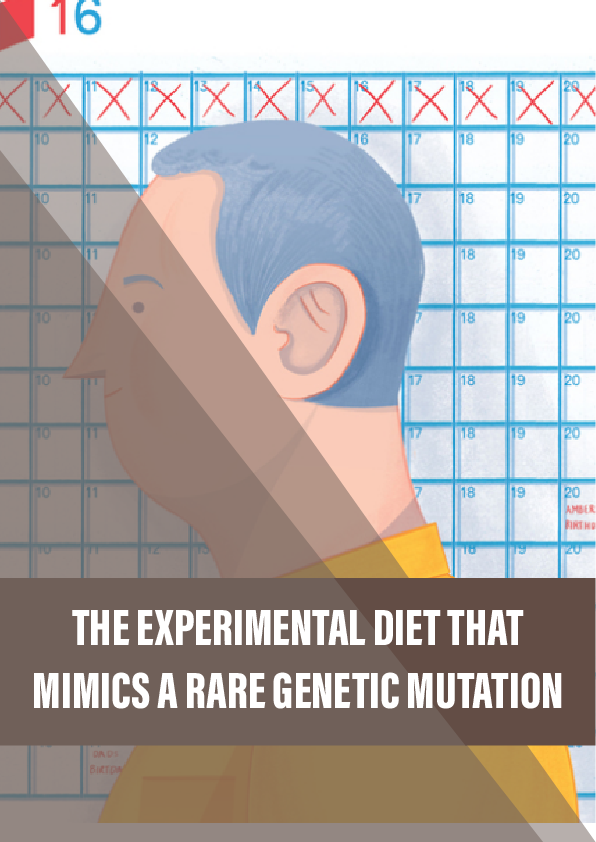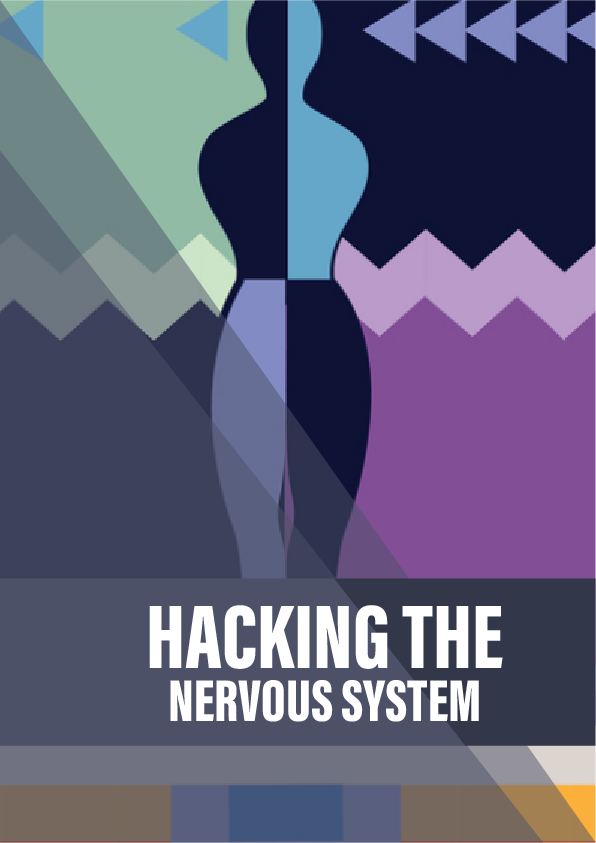The human brain is special. Just not that special. To understand animal minds, and our own place in the living world, we should remove ourselves from centre stage, argues Peter Aldhous.
Tommy the chimpanzee got his day in court on 8 October 2014. He was unable to attend the hearing in ‘person’ – spending the day, like any other, in a cage at a used trailer sales lot in Gloversville, New York. But an hour’s drive away, in a courtroom in the state capital of Albany, Steven Wise of the Nonhuman Rights Project argued that Tommy should indeed be considered a person under New York state law. If so, Patrick and Diane Lavery of Circle L Trailer Sales could be summoned to determine whether they are imprisoning him illegally.
Central to Wise’s arguments in Tommy’s case, and similar suits his organisation has filed on behalf of other captive chimpanzees, is the assertion that apes are highly intelligent and self-aware beings with complex emotional lives. “The uncontroverted facts demonstrate that chimpanzees possess the autonomy and self-determination that are supreme common law values,” Wise told the five judges hearing the case.
It is a bold legal move – and so far unsuccessful. The court in Albany, like a lower court before it, rejected the idea that Tommy has legal rights of personhood. But Wise intends to fight on, taking Tommy’s case to the state’s ultimate arbiter, the New York Court of Appeals.
Events elsewhere in New York State stand in stark contrast to its courts’ willingness to consider the legal implications of the science of animal cognition. In March 2014, the Rip Van Winkle Rod and Gun Club in Palenville, a hamlet of some 1,000 people on the Hudson River, held the fourth instalment of an annual festival that makes a competitive sport out of shooting down creatures that – judged by objective measures of their mental abilities – are arguably just as deserving of personhood as Tommy.
Those creatures are crows, targeted with abandon at the Palenville ‘Crow Down’. In recent years, members of the corvid family – including crows, ravens, jays and magpies – have been found to possess cognitive skills once thought to be the exclusive domain of people and the great apes. They make and use tools. They remember details about the past and plan for the future. They even seem to respond to one another’s knowledge and desires. “For all the studies that have been compared directly so far, the corvids seem to perform as well as the chimpanzees,” says Nicky Clayton of the University of Cambridge, in whose lab some of the most exciting discoveries have been made.
Reference:
- This 2014 review paper by Alex Taylor provides a great overview of research into the cognitive abilities of members of the crow family.
- Thomas Suddendorf is especially interested in the cognitive gap between humans and the great apes. His 2013 book, The Gap: The science of what separates us from other animals, provides an excellent explanation of the hallmarks of an advanced mind.
- The Nonhuman Rights Project website provides detailed updates on its efforts to win legal rights for species other than people.
